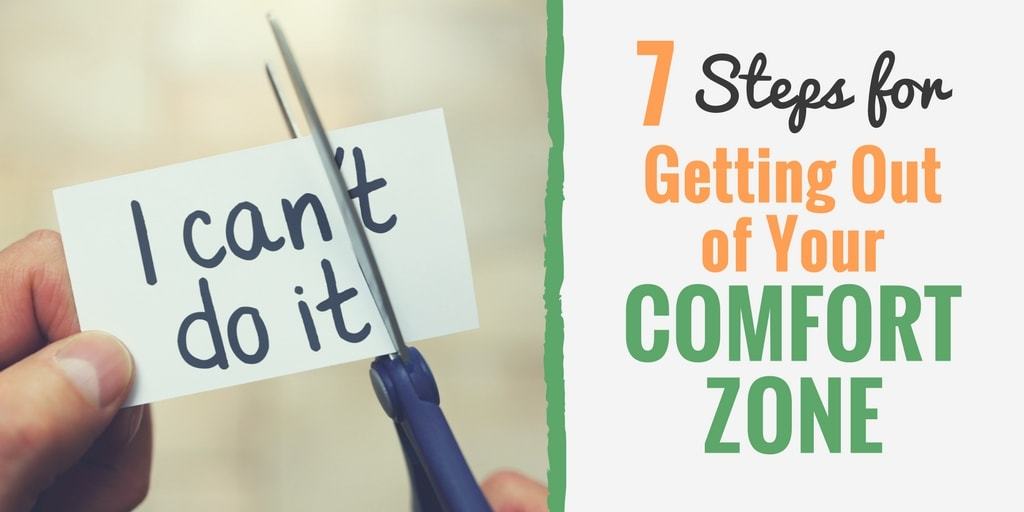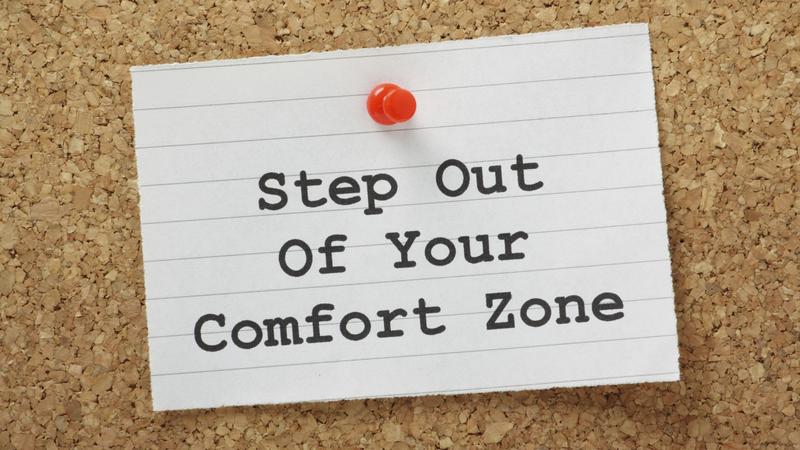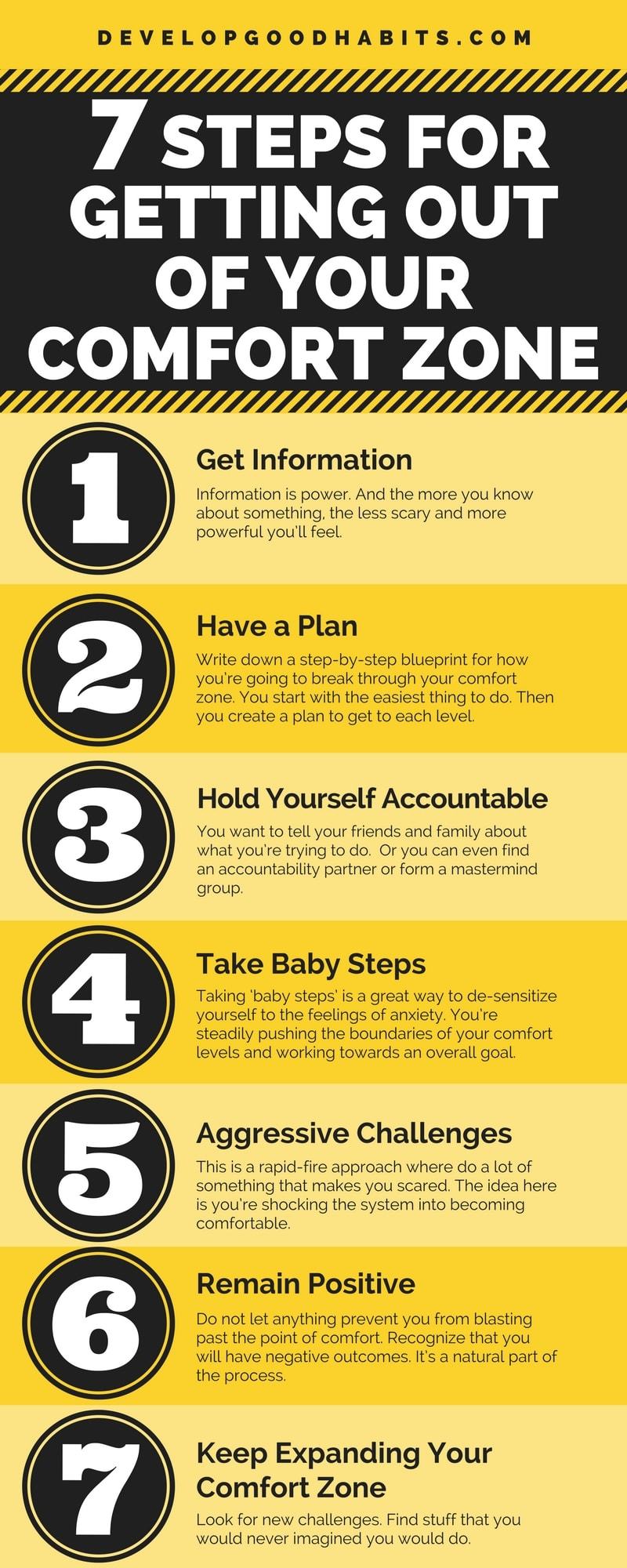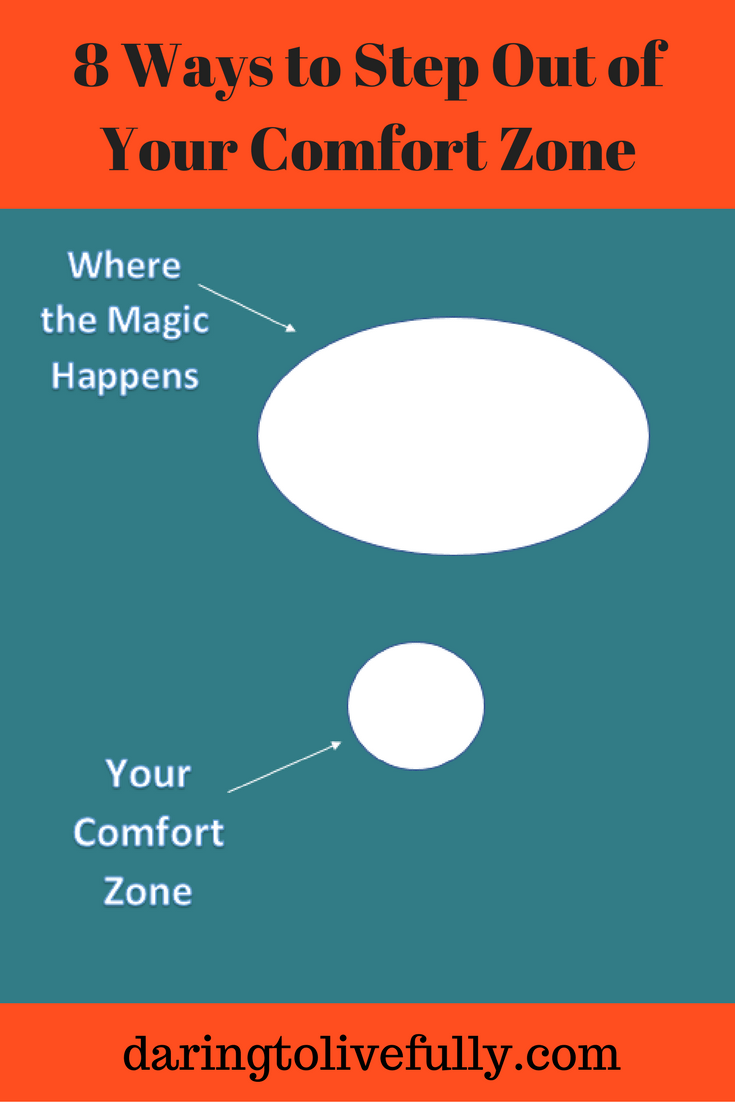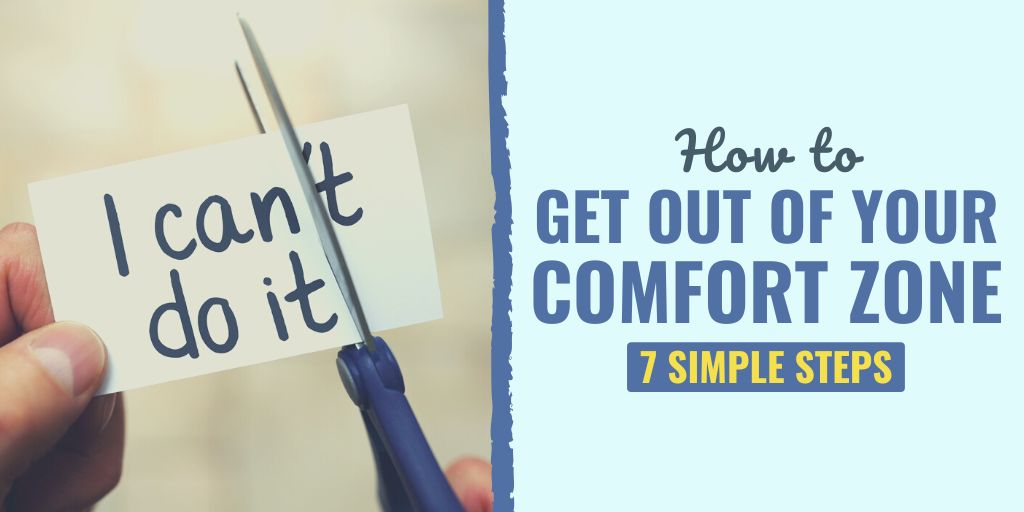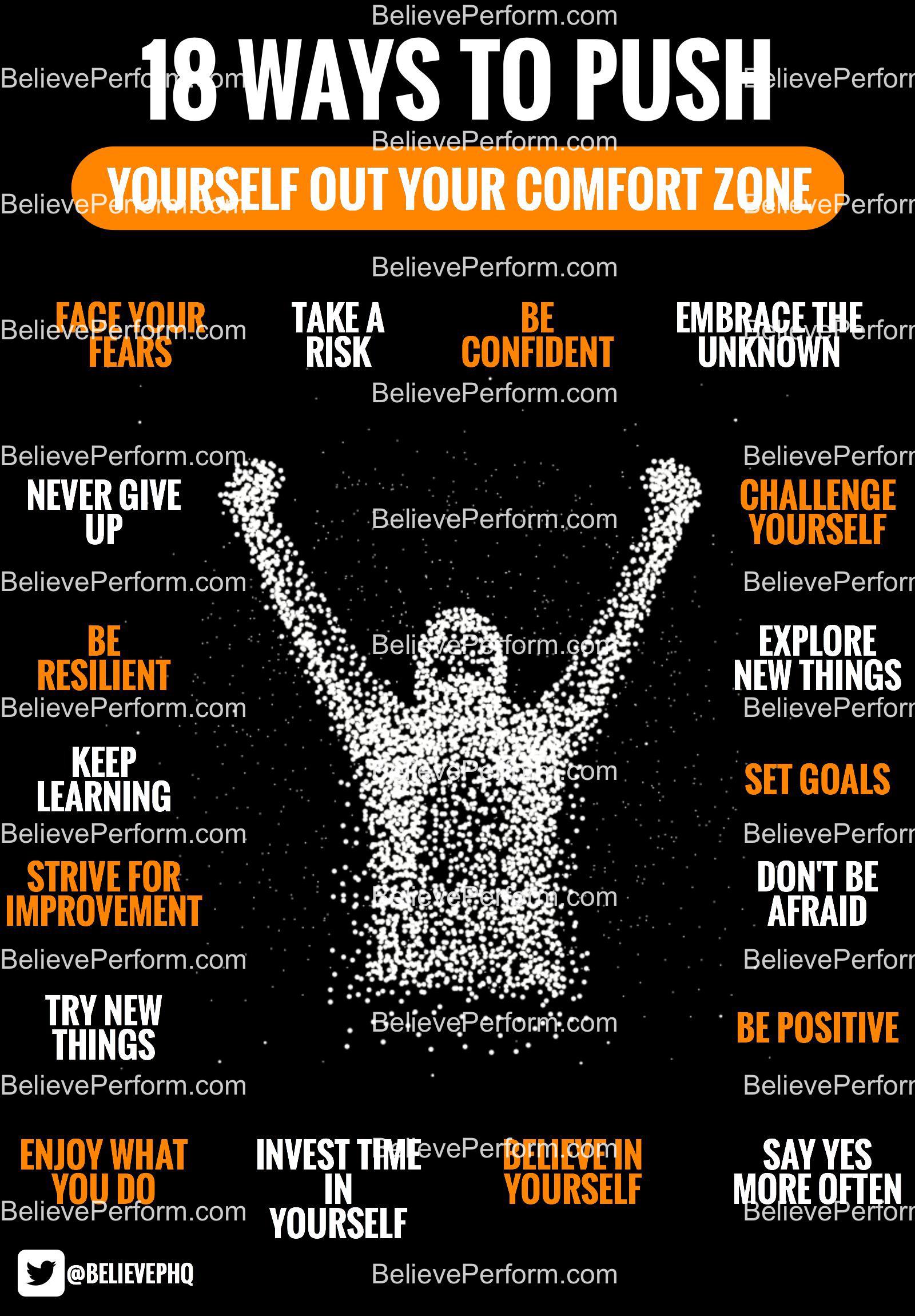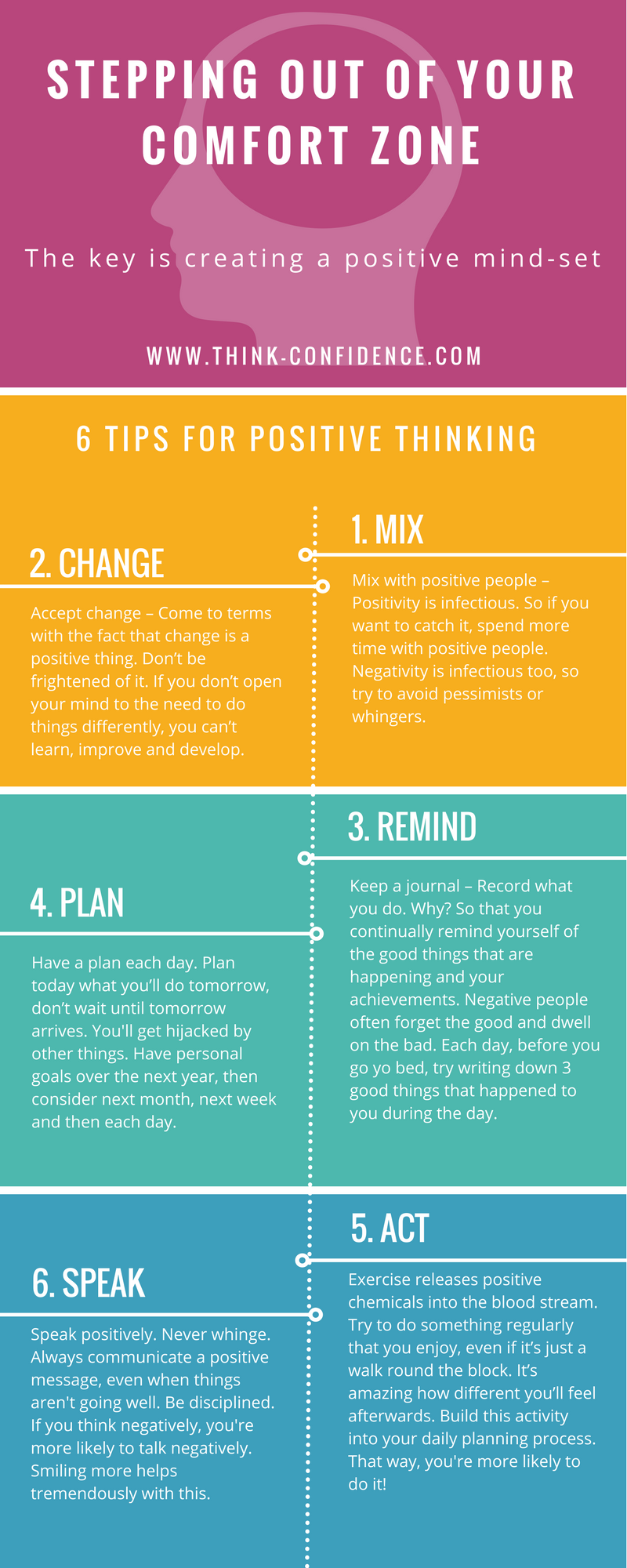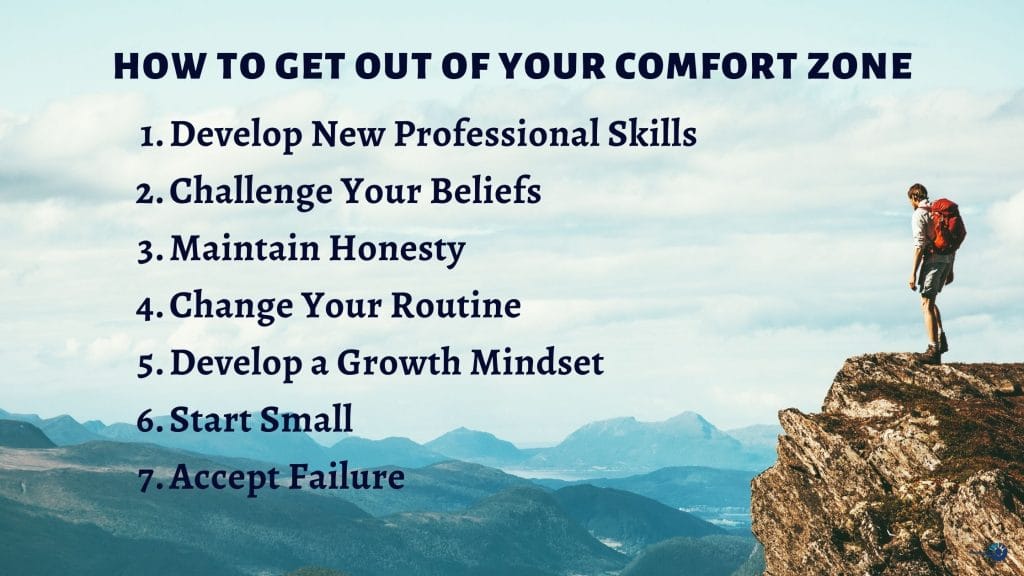How Do I Get Out Of My Comfort Zone
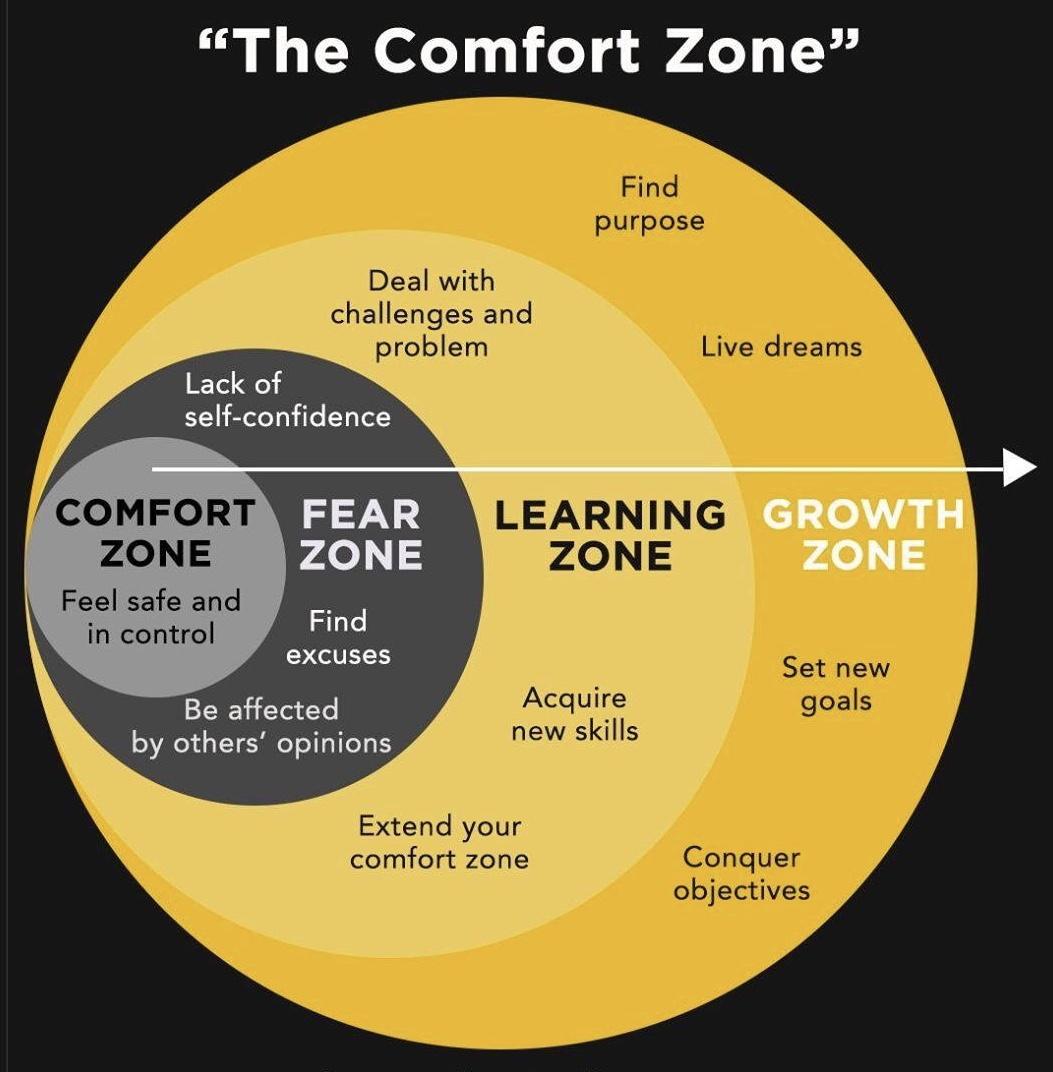
Stepping outside your comfort zone can feel daunting, but numerous studies and experts suggest it's a crucial element for personal and professional growth. It's a journey of self-discovery and skill development, pushing you beyond familiar routines and perceived limitations. This article explores practical strategies for individuals seeking to expand their horizons and embrace new challenges.
The core concept lies in intentionally disrupting the status quo. It involves actively seeking experiences that provoke discomfort, uncertainty, or even fear. Psychologists often frame this as exposure therapy, where controlled doses of anxiety-inducing situations gradually desensitize individuals and build resilience.
Small Steps, Big Impact
The key is to start small. Overwhelming yourself with drastic changes can backfire, leading to discouragement and a retreat back to the safety of the familiar. Instead, begin with manageable challenges that incrementally stretch your boundaries.
For instance, if public speaking is a fear, consider joining a local Toastmasters club. These groups offer a supportive environment for practicing communication skills and receiving constructive feedback. Similarly, if you're hesitant to try new cuisines, commit to exploring one unfamiliar restaurant each month.
Dr. Susan David, a Harvard Medical School psychologist and author of "Emotional Agility," emphasizes the importance of acknowledging and accepting discomfort. "Avoidance of difficult emotions only amplifies them in the long run," she argues. By facing discomfort head-on, individuals can learn to manage anxiety and build confidence.
Seeking Novel Experiences
Another effective strategy is to actively seek out novel experiences. This could involve traveling to unfamiliar places, learning a new language, or taking up a hobby that challenges your existing skill set. The goal is to expose yourself to different perspectives and ways of thinking.
According to a study by the University of Texas at Dallas' Center for Vital Longevity, engaging in mentally stimulating activities can help maintain cognitive function and even improve memory. Learning a new language, for example, forces the brain to create new neural pathways, enhancing cognitive flexibility.
Joining a volunteer organization can provide opportunities to contribute to a cause you care about while simultaneously expanding your social circle and developing new skills. Organizations like the United Way and Habitat for Humanity offer a diverse range of volunteer positions to suit various interests and skill sets.
Embracing Failure and Learning from Mistakes
Stepping outside your comfort zone inevitably involves the possibility of failure. It's essential to view failures not as setbacks, but as learning opportunities. Analyze what went wrong, identify areas for improvement, and try again.
Brené Brown, a research professor at the University of Houston, advocates for embracing vulnerability and imperfection. "Vulnerability is not weakness," she asserts. "It is the birthplace of creativity, innovation, and authenticity." By allowing yourself to be vulnerable, you become more resilient and open to new experiences.
Building a Support System
Having a strong support system can make the journey of self-discovery much easier. Surround yourself with friends, family members, or mentors who encourage you to take risks and celebrate your successes. A supportive network can provide encouragement, accountability, and a safe space to process challenges.
Consider joining a peer support group or connecting with individuals who have successfully navigated similar challenges. Sharing experiences and receiving guidance from others can provide valuable insights and motivation. The National Alliance on Mental Illness (NAMI) offers support groups for individuals struggling with anxiety and other mental health challenges.
Ultimately, getting out of your comfort zone is a continuous process of self-improvement and growth. It requires courage, resilience, and a willingness to embrace the unknown. By taking small steps, seeking novel experiences, and embracing failure, individuals can unlock their full potential and live more fulfilling lives.
